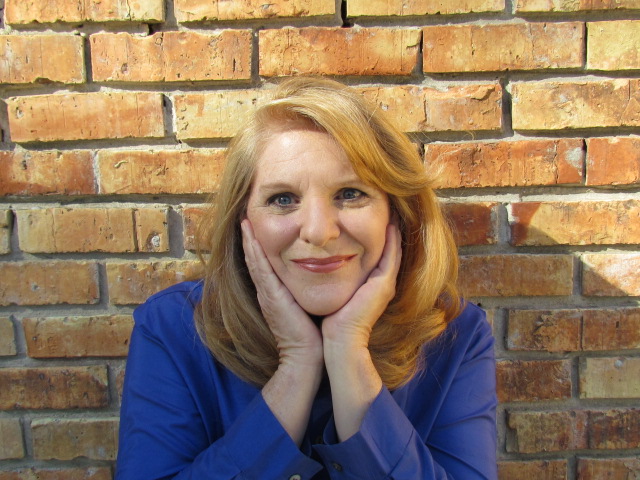
by, Kathryn Watson
" I don't know what to do" she wailed." MaryJane* had promised to take care of her husband and she fully intended to fulfill that promise. At 81 years old she was finding it harder and harder to take care of Jim*. As she sank in to the chair in my office I could see the toll that caring for Jim was taking.
The Alzheimer's disease that had crept into their lives was quickly escalating. Jim could no longer carry on a conversation. He could not even put together a coherent sentence. He did know however when anyone mentioned putting him in a facility or home that he wanted no part of that. " I won't go! I just won't go!" It was the first coherent thing I had heard him say.
MaryJane had come to me looking for help but because she had made a promise to care for her husband until death do they part she wasn't sure how much help she could accept.
Taking care of your husband,I gently explained doesn't mean
you have to physically be the one to care for him, it means that you make the best decisions that are in his highest good. If you are trying to do everything yourself and you are exhausted and stressed are you able to make the best decisions? It's like being in the airplane when the oxygen mask comes down if you don't put it on yourself first you will be of no use to anyone else.
These decisions are not easy. The first thing you need to do is get some help. Find someone to care for your loved one for a few hours every day if you can so that you can leave the house and replenish your spirit. Check with local church groups to see who may offer care support, ask friends and neighbors. For the health of you and your spouse this is not the time to be proud. This is the time to be humble and allow others to help. Use your time wisely. Exercise at least 3 X a week ( a simple walk will do), connect with friends and join a support group. This will relax your mind and allow you to make the best decision for you and your family.
Some independent living communities will allow couples who have one spouse with Alzhemier's disease to live together as long as the healthy spouse is responsible. This frees you from chores such as cooking, yard work, maintaining a home and more. It will also allow you to participate in exercise classes and social groups. This is a good option if your spouse is in the beginning stages of the disease process.
As more and more people are being diagnosed with Alzheimer's Disease or other related dementia's there are memory care homes and facilities springing up everywhere. When the disease progresses a memory care home may be the best option. There are many different approaches in these homes. Make sure you have an Eldercare Advisor to help you navigate these new waters to determine which one may be right for you. Every situation is different and placing your loved one is best done with professional help. It is important to know the right questions to ask.
If you live in the Greater Houston Area email Kathryn with Assisted Living Locators for help.
* Names are always changed to protect the privacy of my clients
These decisions are not easy. The first thing you need to do is get some help. Find someone to care for your loved one for a few hours every day if you can so that you can leave the house and replenish your spirit. Check with local church groups to see who may offer care support, ask friends and neighbors. For the health of you and your spouse this is not the time to be proud. This is the time to be humble and allow others to help. Use your time wisely. Exercise at least 3 X a week ( a simple walk will do), connect with friends and join a support group. This will relax your mind and allow you to make the best decision for you and your family.
Some independent living communities will allow couples who have one spouse with Alzhemier's disease to live together as long as the healthy spouse is responsible. This frees you from chores such as cooking, yard work, maintaining a home and more. It will also allow you to participate in exercise classes and social groups. This is a good option if your spouse is in the beginning stages of the disease process.
As more and more people are being diagnosed with Alzheimer's Disease or other related dementia's there are memory care homes and facilities springing up everywhere. When the disease progresses a memory care home may be the best option. There are many different approaches in these homes. Make sure you have an Eldercare Advisor to help you navigate these new waters to determine which one may be right for you. Every situation is different and placing your loved one is best done with professional help. It is important to know the right questions to ask.
If you live in the Greater Houston Area email Kathryn with Assisted Living Locators for help.
* Names are always changed to protect the privacy of my clients


 RSS Feed
RSS Feed
